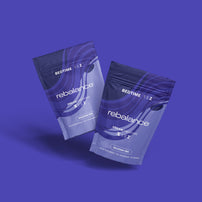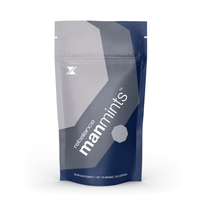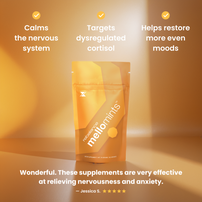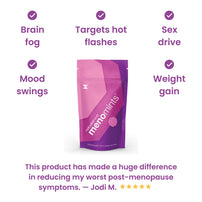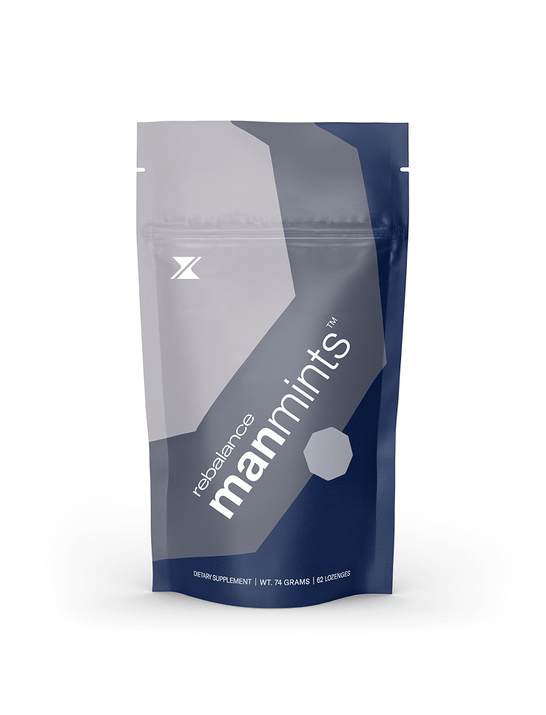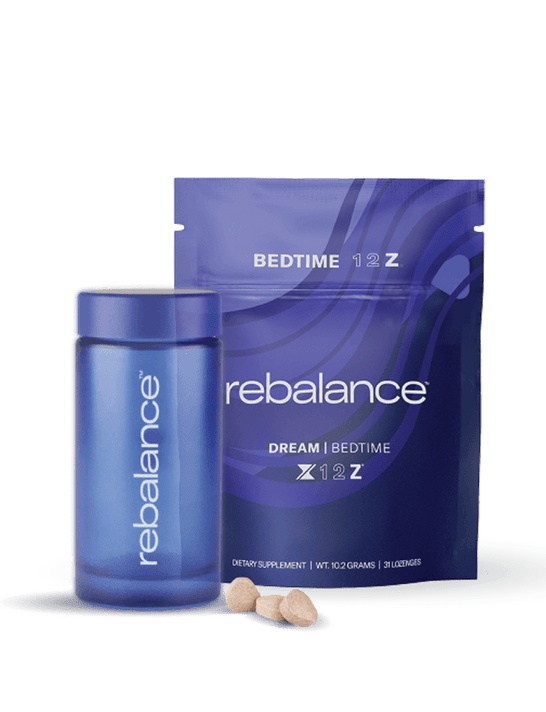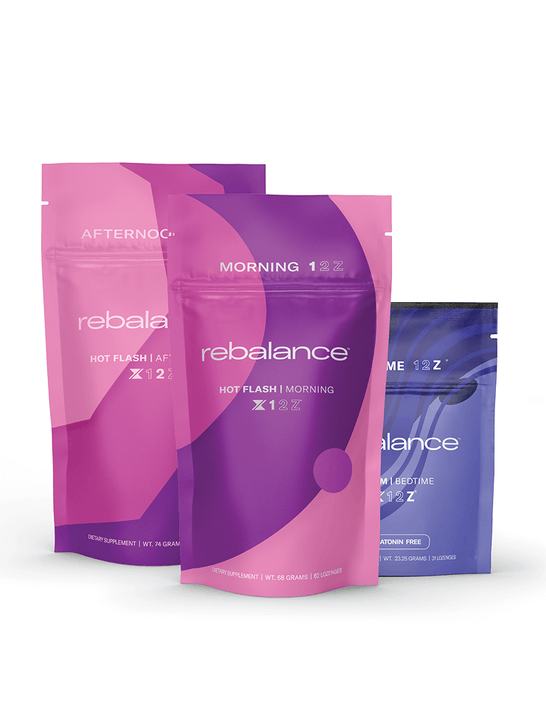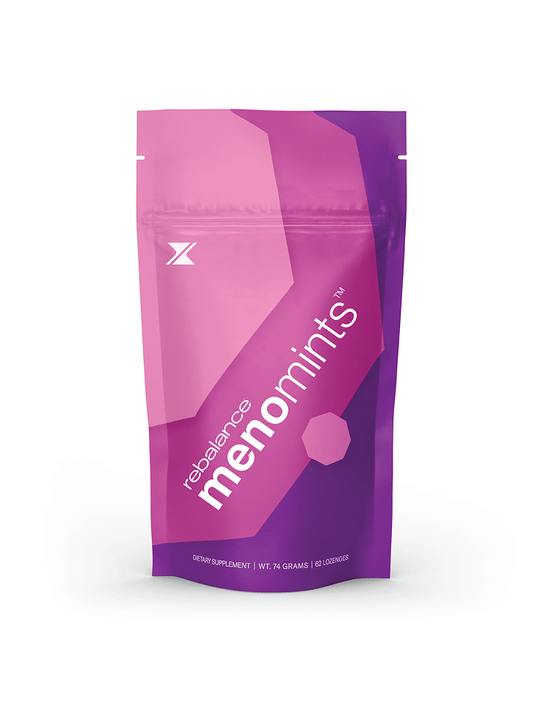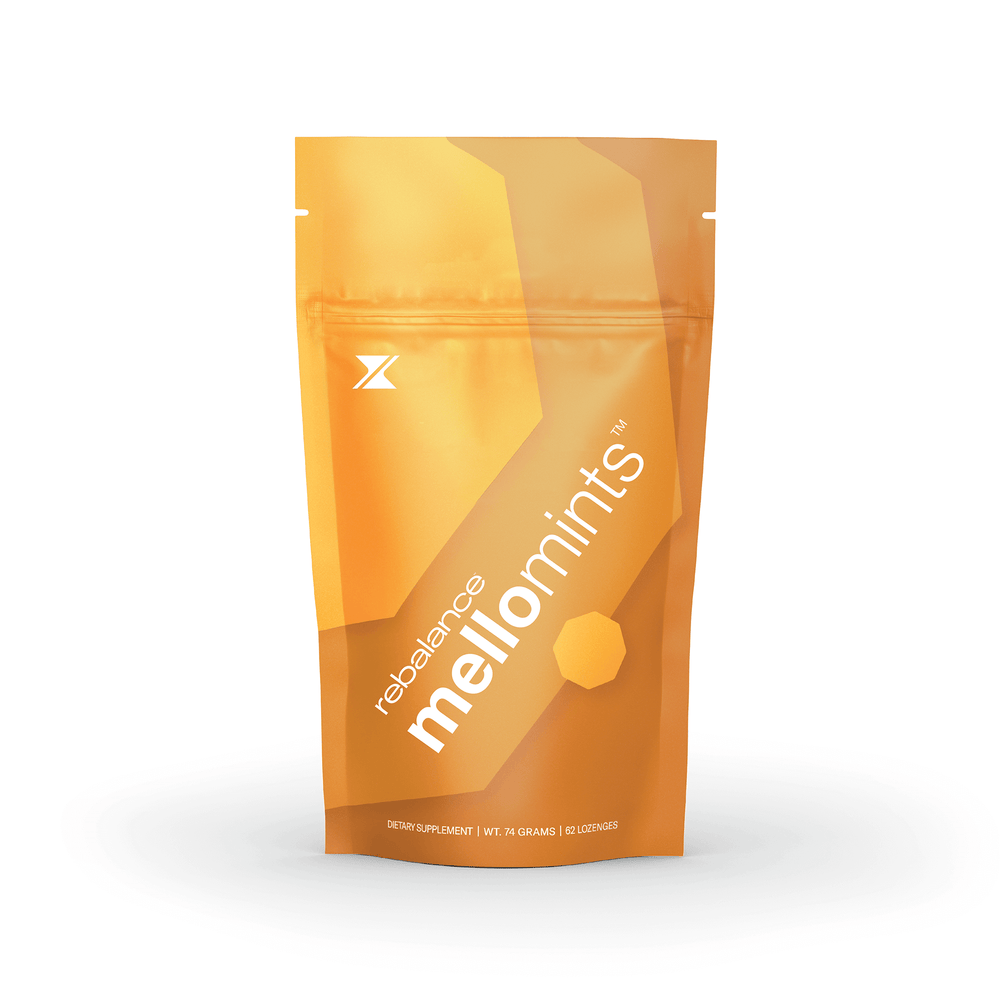Natural Remedies for Menopause: How to Manage Your Menopause
04/04/2023 by Anna Meyer

INSIDE THIS ARTICLE
2. Diet and Lifestyle Changes for Perimenopause
3. Severe Menopause Symptoms: Non-Habiting Supplements for Menopause Relief
4. How Menopause Affects Your Mental Well Being
5. The Role Exercise Plays in Menopause Management
6. Why You Need Regular Check-ups During Menopause
The thought of going through menopause can be daunting. You’re likely already dealing with changes in your body due to age, and suddenly you have to worry about hot flashes, weight gain, mood swings, and excessive sweating that could flood your city. But don’t worry - there are natural remedies that can help you manage menopause and ease the transition. Because let’s be real, hormone replacement therapy (HRT) is a little scary. So, let’s explore some of the best natural remedies for managing menopause so you don’t have to trigger a flash flood warning.
Do Natural Remedies Work for Menopause?
While hormone replacement therapy can be effective, not all women are suitable candidates for this treatment or are comfortable with synthetic hormones – especially if you’ve had a terrible experience with birth control pills. And many women feel that Western medicine has left them in the dust. Which leaves us with the question, do natural remedies work for menopause?
Thankfully, a fair amount of research has been done to explore the effectiveness of natural remedies and many have been proven effective for providing relief from common menopausal symptoms such as hot flashes, night sweats, fatigue, insomnia, and mood swings. Some of the most effective natural treatments for menopause relief include diet and lifestyle changes, supplementation (such as herbs), stress reduction techniques, and exercise. These natural treatment options may sound rudimentary, but sometimes the simplest solution is the best solution.
Let’s explore these natural treatment options and why they may work for you.
Diet and Lifestyle Changes for Perimenopause
Perimenopause and menopause comes with a range of changes you were probably not prepared for. After all, your 40th birthday doesn’t come with a Hitchhiker’s Guide to the Menopause Galaxy. In fact, it comes with confusion and possibly a midlife crisis. Not the surprise you were hoping for, huh?
Changes in metabolism, bone density, and overall health are common during menopause and perimenopause, which means you’ll need to change your diet and lifestyle to adapt to these changes. Eating a balanced diet filled with protein, healthy fats, and fresh fruits and veggies has never been more important. Since osteoporosis is an unfortunate and common complication of menopause, you’ll want to dial in on the dairy and quality proteins to help prevent this condition. Plus, the added protein will help bolster your metabolism and increase your muscle mass. Both are necessary to combat the metabolic changes you’ll experience during menopause.
By cleaning up your diet and adding more of the nutrients you need, you may reduce or prevent some of the common symptoms associated with menopause. Including foods containing phytoestrogen like soy products can also be beneficial as phytoestrogen mimics oestrogen and may help to reduce hot flashes, improve sleep, and bone density.
In fact, a study conducted by Hachul and colleagues found that isoflavones, a type of phytoestrogen, reduced the rate of insomnia in postmenopausal women from 89.6% to 36.9% by the end of the study. The researchers also found that isoflavones decreased the intensity and frequency of hot flashes, making phytoestrogens a potent combination to combat two of the most dreaded menopause symptoms.
The next important lifestyle change is to reduce or eliminate alcohol consumption. Many women report poorer sleep and more hot flashes after drinking, so it’s best to avoid alcohol as much as possible. And finally, adequate sleep is non-negotiable. Sleep is critical for cognitive function, but it’s also necessary for regeneration. If you’re struggling to sleep, try implementing a night time routine that will help you relax before bedtime or consider adding sleep aids like melatonin or go beyond just knocking yourself out and get some real sleep benefits with DREAM to help you fall and get restorative asleep.
Severe Menopause Symptoms: Non-Habiting Supplements for Menopause Relief
If you’ve changed your diet, added exercise, and got a handle on your stress and you’re still experiencing severe menopause symptoms, then you may benefit from adding natural menopause supplements to your treatment plan.
According to Dr. Suzanne Gilberg-Lenz, herbs such as black cohosh, red clover extract, evening primrose oil, and Siberian rhubarb have been shown to reduce hot flashes during menopause. Red clover is especially useful since it may help to prevent osteoporosis while also reducing hot flashes.
As always, it’s important to speak with your doctor before taking any type of supplement to ensure it won’t interfere with any other medications you may be taking.
How Menopause Affects Your Mental Well Being
Aside from the physical symptoms, the hormone fluctuations caused by menopause also impacts your mental health. You may experience anxiety, depression and even anger or irritability. So menopause is almost like PMS on steroids. Except there are no period parties and you can’t drown yourself in a tub of Ben and Jerries because, well, *whispers* weight gain. Ugh.
The effect menopause has on a woman’s mental health is severely understated, with many women feeling lost in their own minds and bodies.
“The symptoms themselves are a pain to deal with. But emotionally they can also be extremely disorienting. That’s what a lot of women say is the real struggle of menopause, not feeling like themselves anymore.” -From Menopause Bootcamp by Dr. Suzanne Gilberg-Lenz, OB-Gyn and women’s health advocate.
Of course, menopause also triggers stress, so naturally cortisol enters the messy mix. And if that’s not enough, stress also exacerbates menopause symptoms. For women in perimenopause, it may even accelerate menopause. A study conducted by Choi and colleagues found a high level of stress was associated with early menopause, showing that excessive stress may alter the natural progression to menopause.
Stress is a huge factor when it comes to managing your menopause symptoms—and reducing stress is key. Meditation, mindfulness practices, and deep breathing exercises are great ways to reduce anxiety and stress levels. Plus, they’re accessible to most women and you can start with a few minutes a day until you’ve built the habit.
The Role Exercise Plays in Menopause Management
Regular physical activity has been linked with improved mental health, increased energy levels, improved sleep patterns, reduced risk of cardiovascular disease, lowered blood pressure and improved mental health. But how does it help women deal with menopause?
For starters, it’s a great stress busting strategy. And since stress can exacerbate menopause symptoms, managing your stress through exercise can help to reduce your symptoms. Regular exercise may also help to manage your weight and, most importantly, it may help you cope with the anxiety or depression you may be experiencing. And of course, it will help to strengthen your muscles and bones, which will help to prevent falls, fractures, and other mobility issues that creep up on you as you get older.
Why You Need Regular Check-ups During Menopause
While most people associate visiting their doctor with treating illnesses, it turns out regular check-ups are equally important when going through major life transitions, such as entering perimenopause or menopause. Hormone fluctuations are the norm as you transition into menopause and post menopause, which also means your body and all its functions will be unpredictable for a while. Checking in with your doctor regularly will help you manage your menopause and will go a long way in detecting trouble before it starts. Check-ups are also incredibly important when you’re on Hormone Replacement Therapy (HRT) or if you’re taking any supplements since your doctor will have to monitor your symptoms and change your protocol if needed.
Menopause doesn’t have to be something that overwhelms you. There are natural remedies available that can help ease the transition into postmenopausal life. Diet & lifestyle modifications such as reducing or eliminating alcohol consumption, increasing physical activity, and adding herbal supplements may provide relief from common menopause symptoms and help you live a fulfilling life as you start a new phase.
Overview

Stay Calm. Sleep Deep. Wake Clear.
A lozenge that supports deep sleep, better REM, and calmer nights. Without melatonin — unless you want it.

